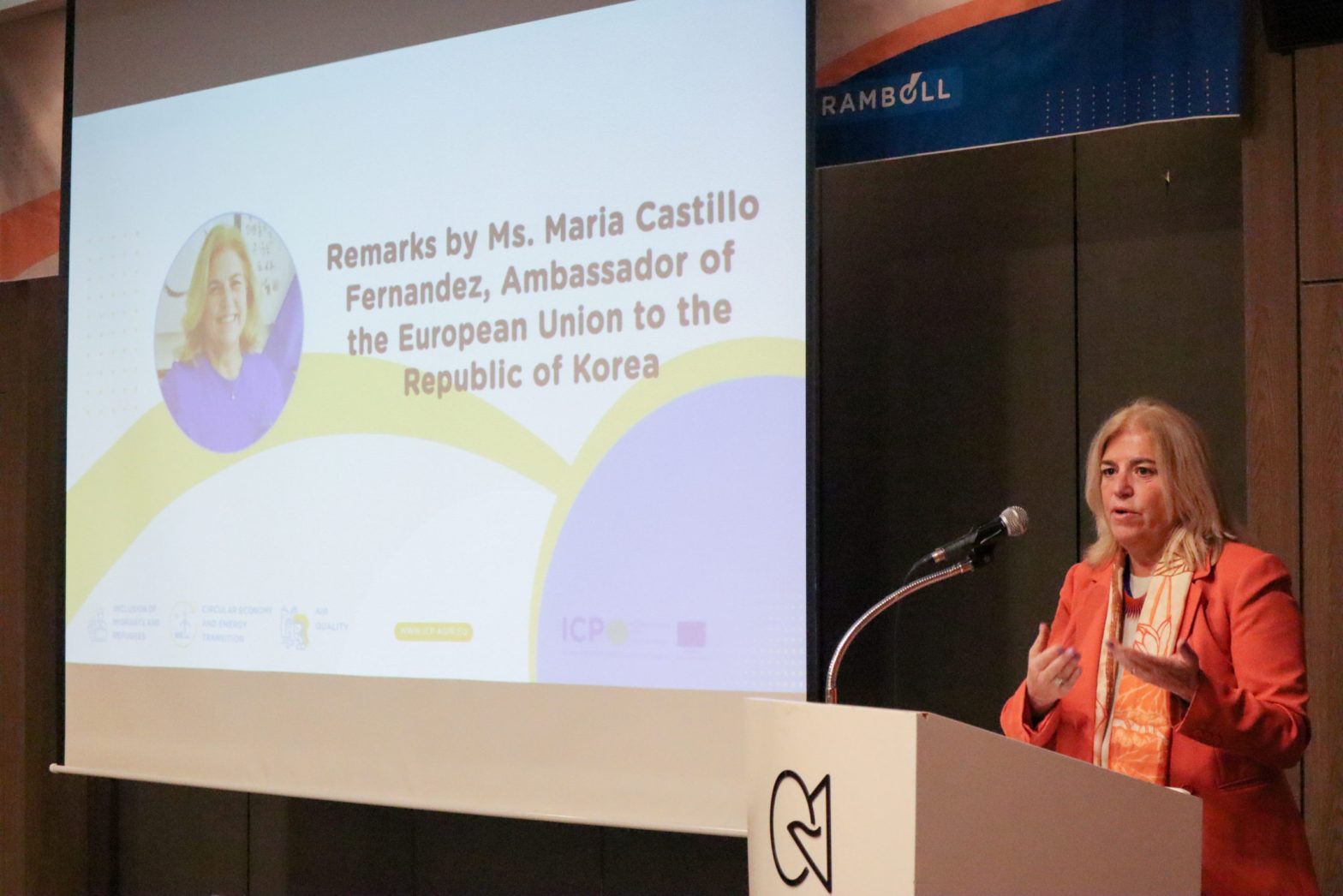Delegates from the IURC Korea pilot cities of Seoul and Sejong met Ms. Maria Castillo Fernandez, Ambassador of the European Union to the Republic of Korea, during the ICP-AGIR Final Conference held in Incheon, Korea, on 3 April 2023. The EU-funded ICP project has promoted city-to-city (C2C) cooperation between EU and non-EU cities on the topics of energy transition, air quality, circular economy, and migrant and refugee integration. Six city-pairings from the EU and Asia reported on their results: Incheon-Berlin, Incheon-Almeria, Gwangju-Athens, Taoyuan-Braga, Taichung-Prato, and Singapore-Milan. The conference was organised by CITYNET, which is also coordinating the IURC activities between the European cities of Dublin, Rotterdam and Sofia, as well as the Korean cities of Busan, Sejong and Seoul.
At the event, 55 participants from Korea and overseas exchanged views on urban development and presented the outcomes and the future steps of the city-to-city cooperation plans. Incheon Metropolitan City, which was paired with both Almeria and Berlin in the ICP-AGIR project, was the hosting city for the ICP-AGIR final conference. The meeting was opened by Mr. Jehak Jang, Ambassador of International Relations at Incheon Metropolitan City, who emphasized the importance of capturing the results of C2C in cooperation action plans.
Mr. Jang’s speech was followed by the opening remarks from Ms. Maria Castillo Fernandez, the Ambassador of the European Union to the Republic of Korea. Ambassador Castillo emphasized that local actions and bottom-up approaches in tackling climate change challenges are equally important as top-down activities. She also invited cities to participate in EU programmes like Horizon Europe, which supports – among others – the Mission Cities initiative of 112 cities to achieve climate neutrality by 2030. Referring to a possible EU-Korea Green Partnership, she mentioned that cities and local governments may play a specific role. Mr. Jozef Stahl from the European Commission’s DG-REGIO underlined the continuous EU support to international city diplomacy, which is now strengthened by the European Urban Initiative (EUI). Good practices from this project can be now upscaled within the EUI, making cooperation continue beyond the project scope.
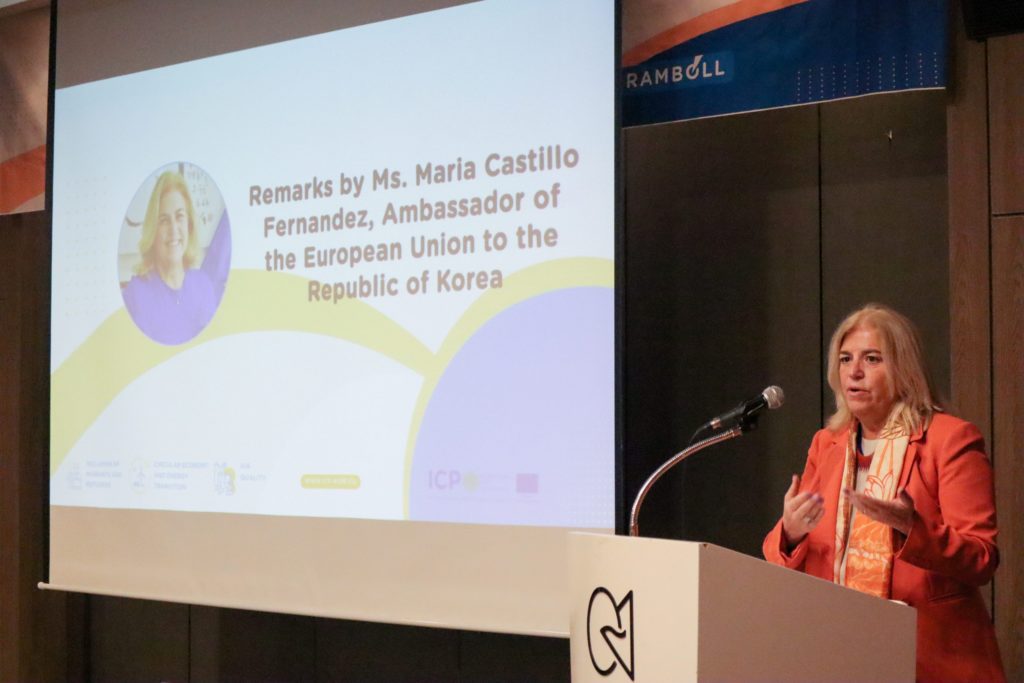
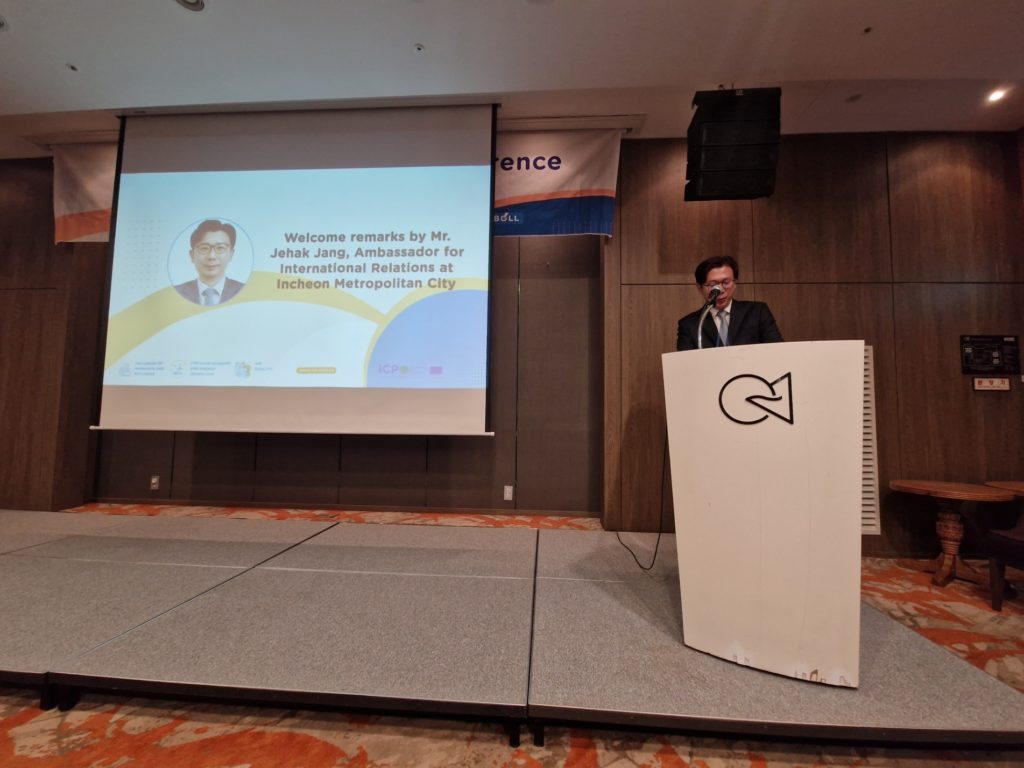
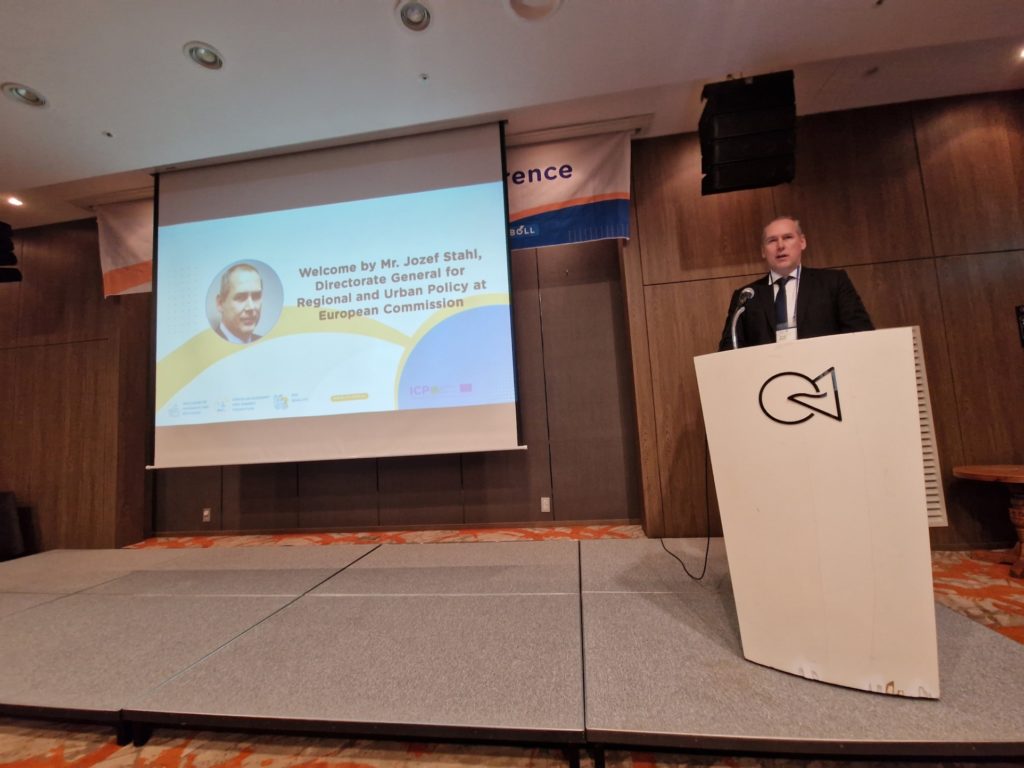
The award ceremony for excellent city pairings who have identified pilot actions and are receiving a small amount of support from the project for the execution of their actions was followed by the presentations from all city pairings in the project. At the beginning, each city pairing introduced the relevant city challenges, the good practices they have individually implemented as well as the cooperation actions that they have agreed to jointly conduct. Then, during two fireside chats moderated by ICP and IURC team leaders Raul Daussa and Pablo Gándara, panelists and audience had interactive discussions about circular economy, energy transition, air quality and sustainable mobility.
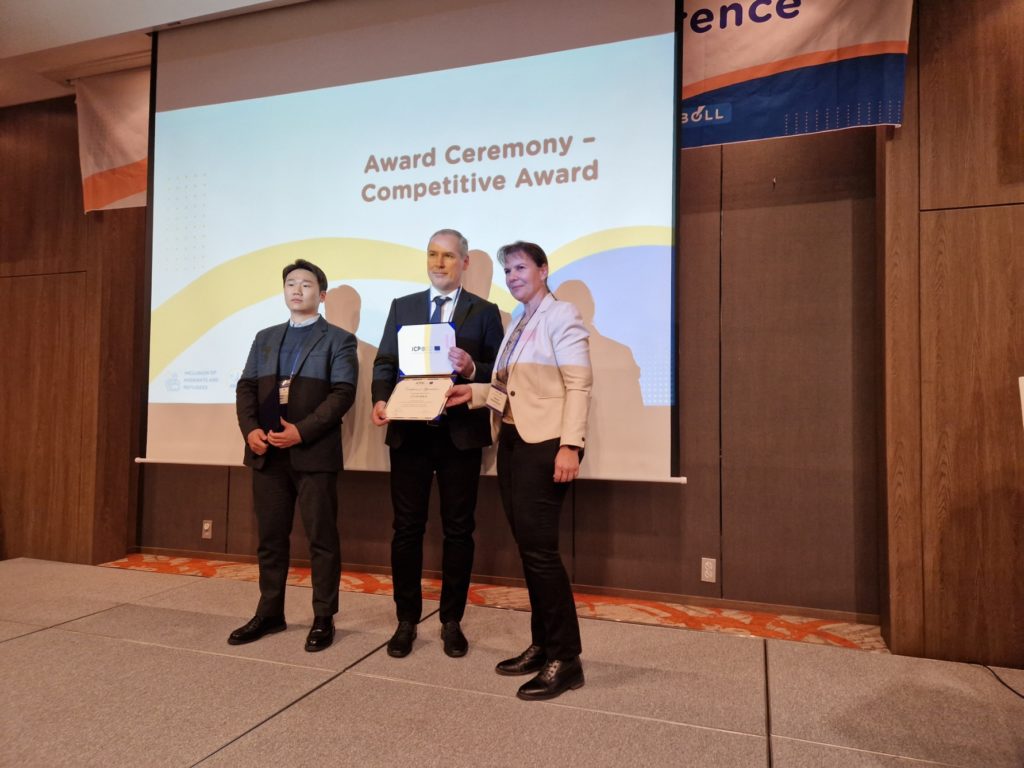
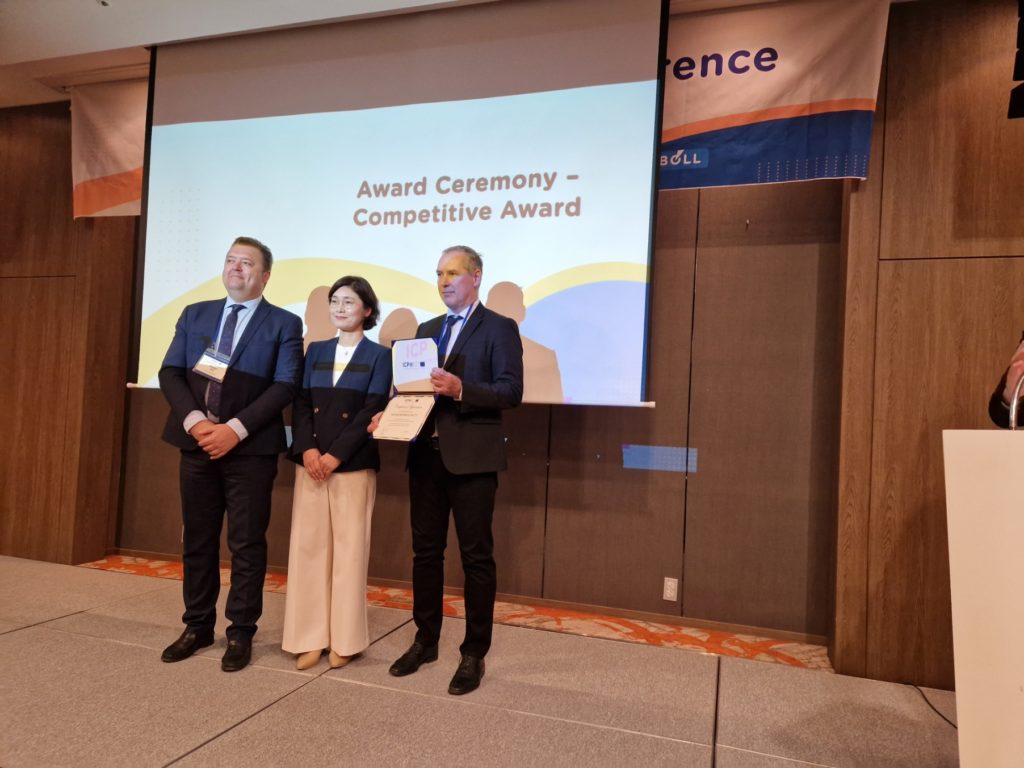
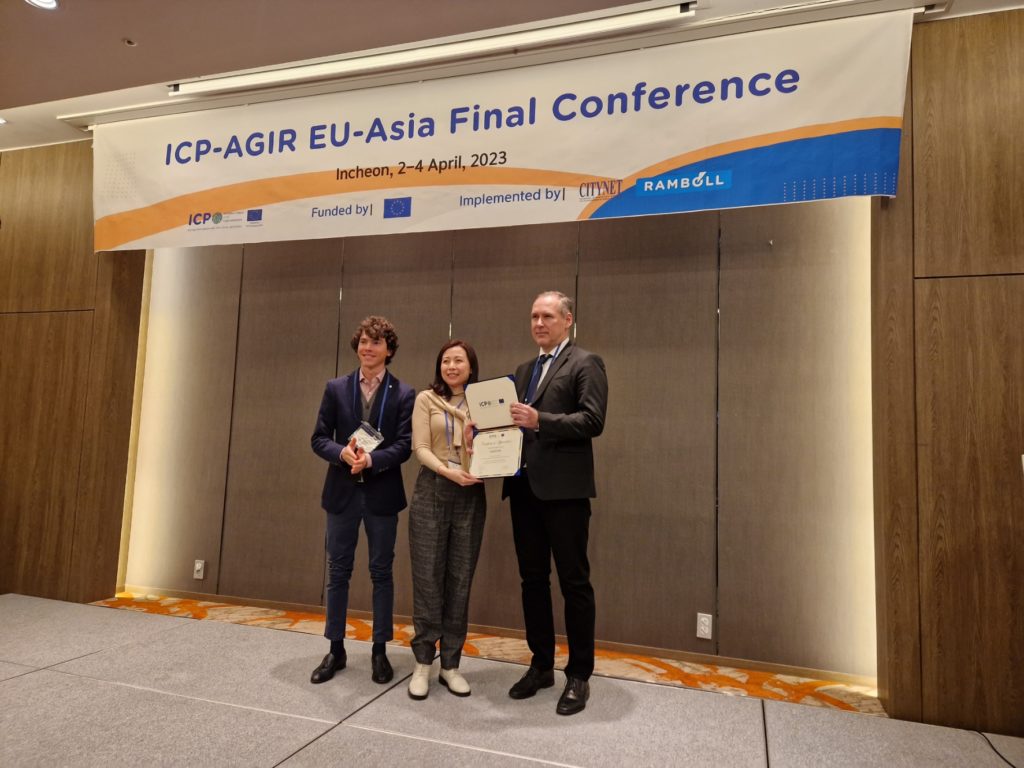
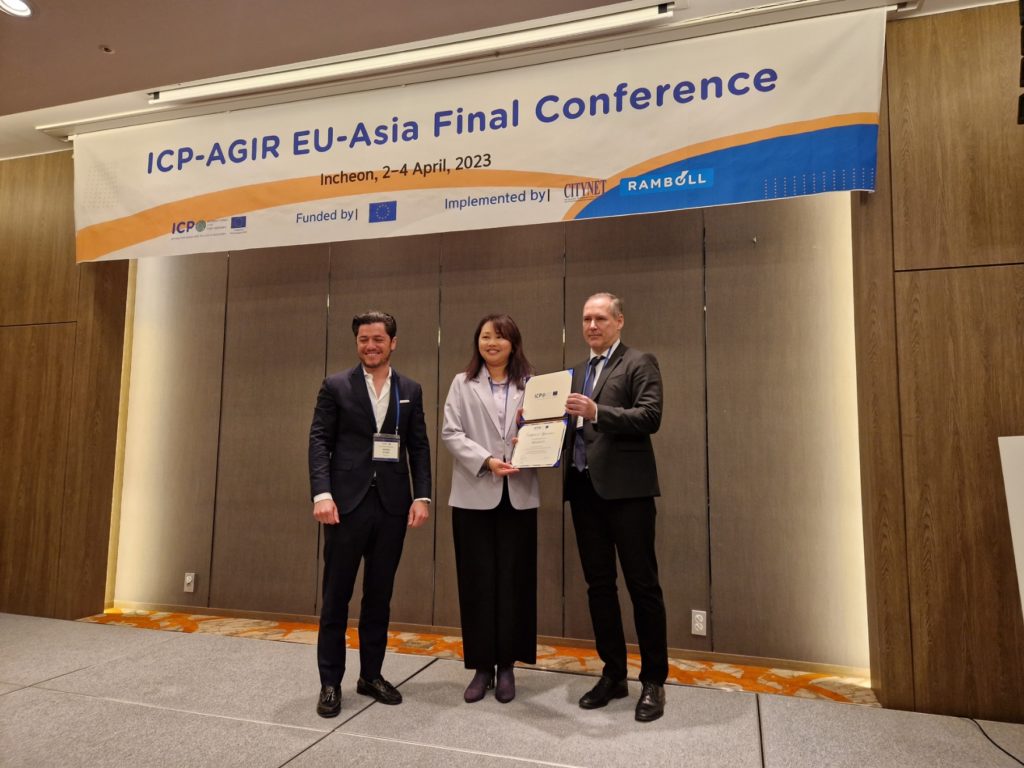
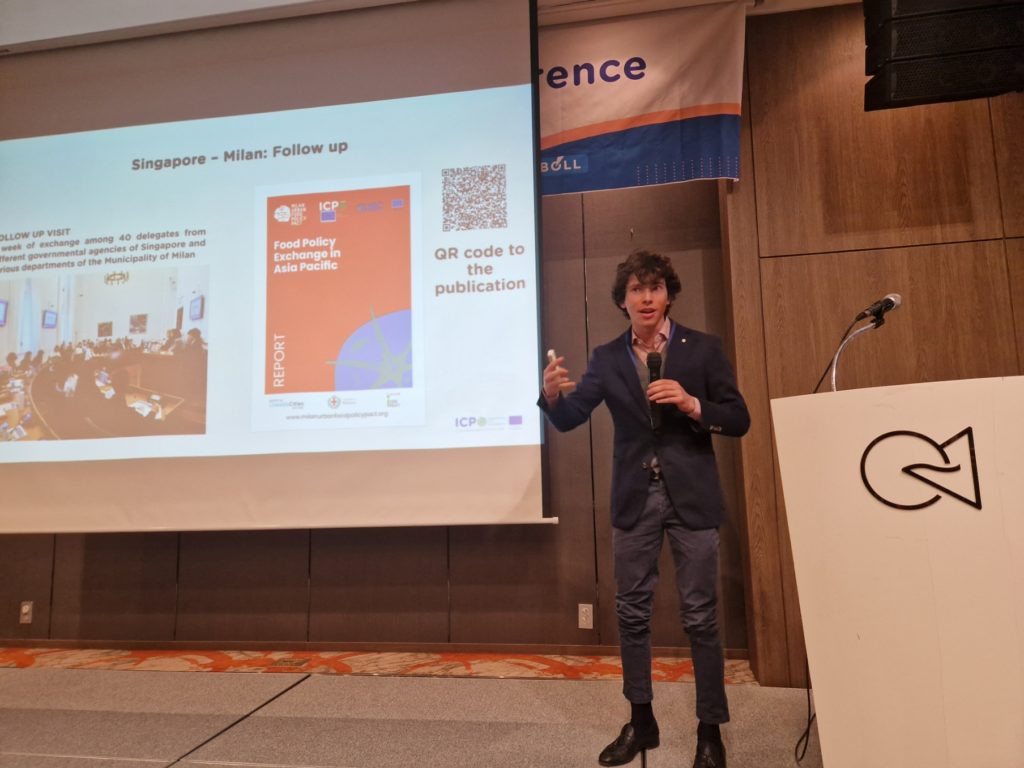
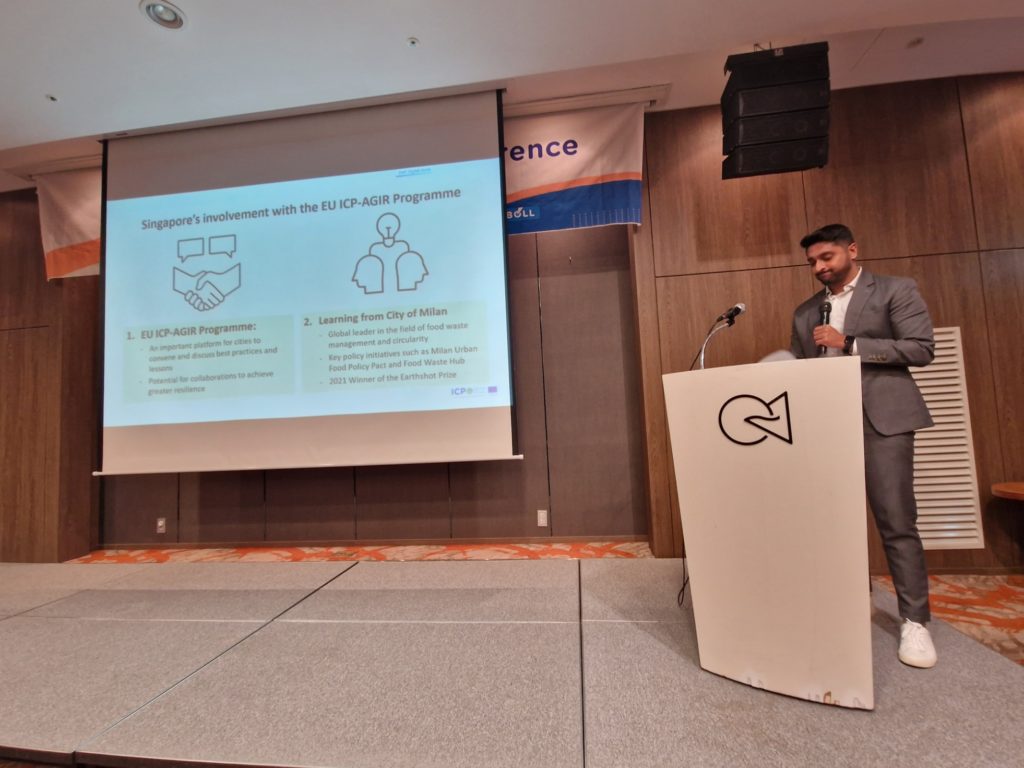
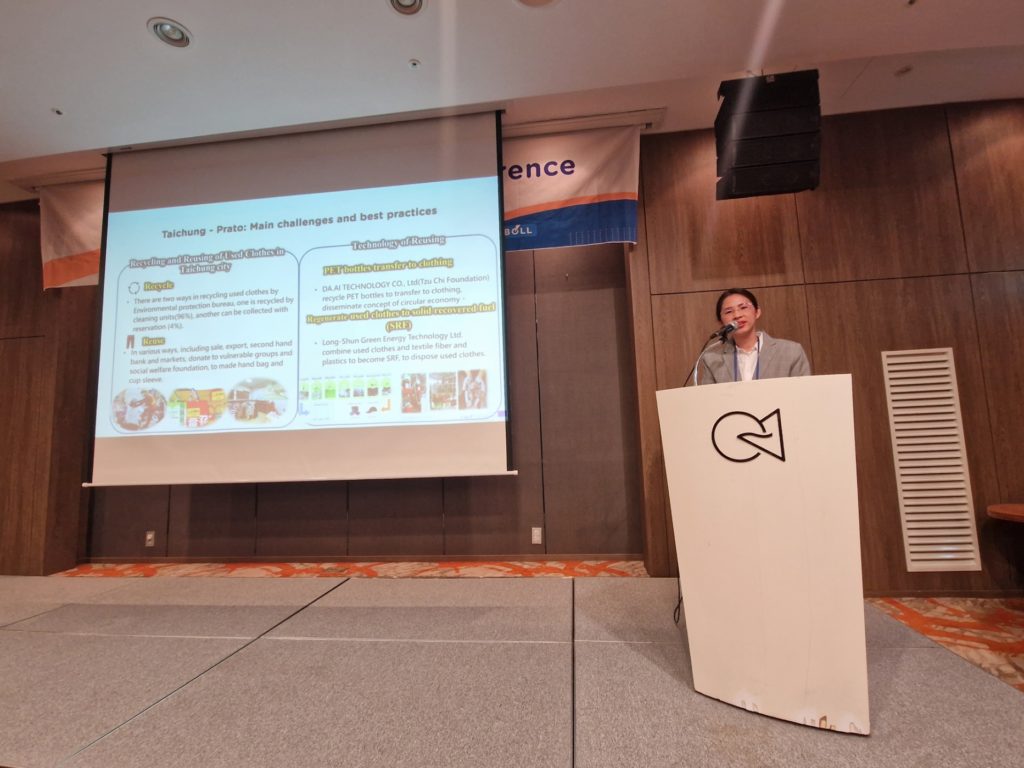
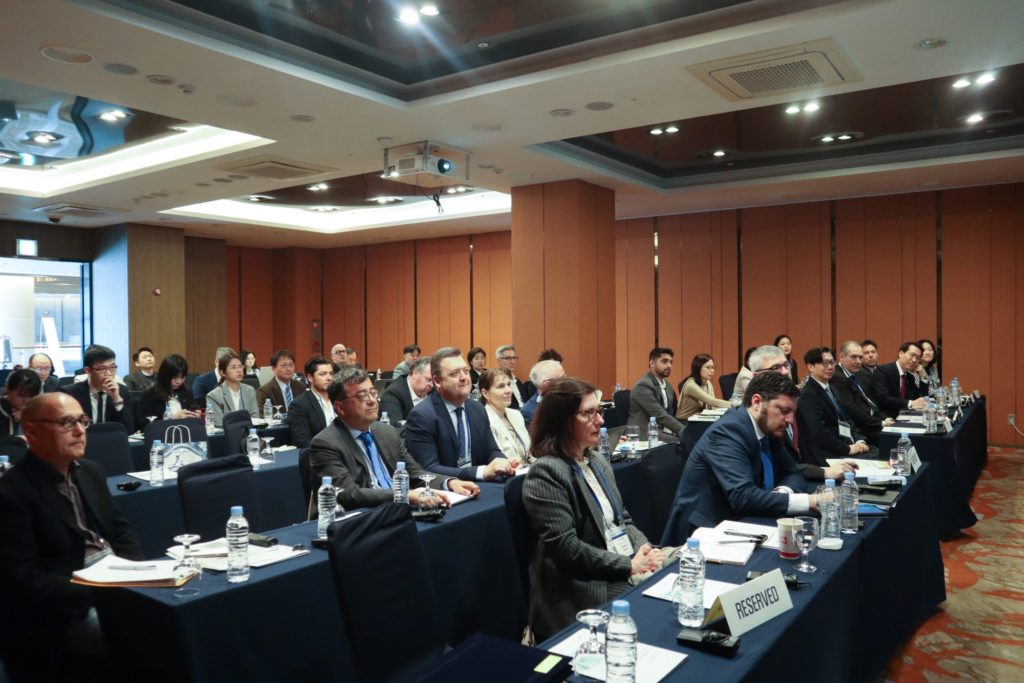
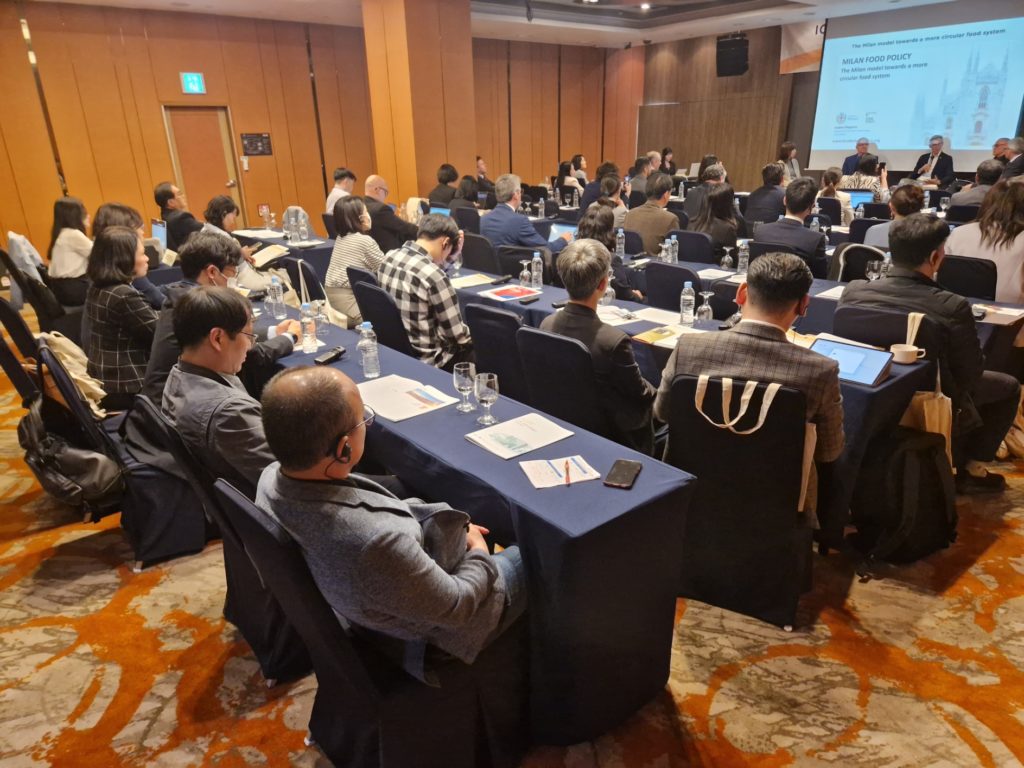
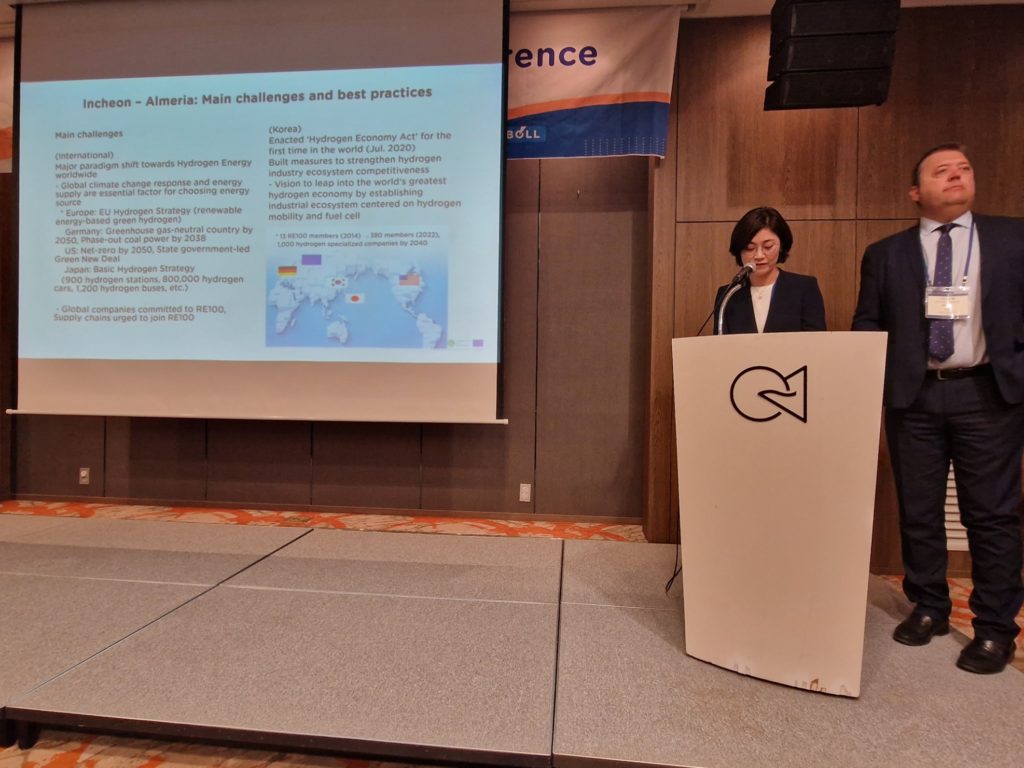
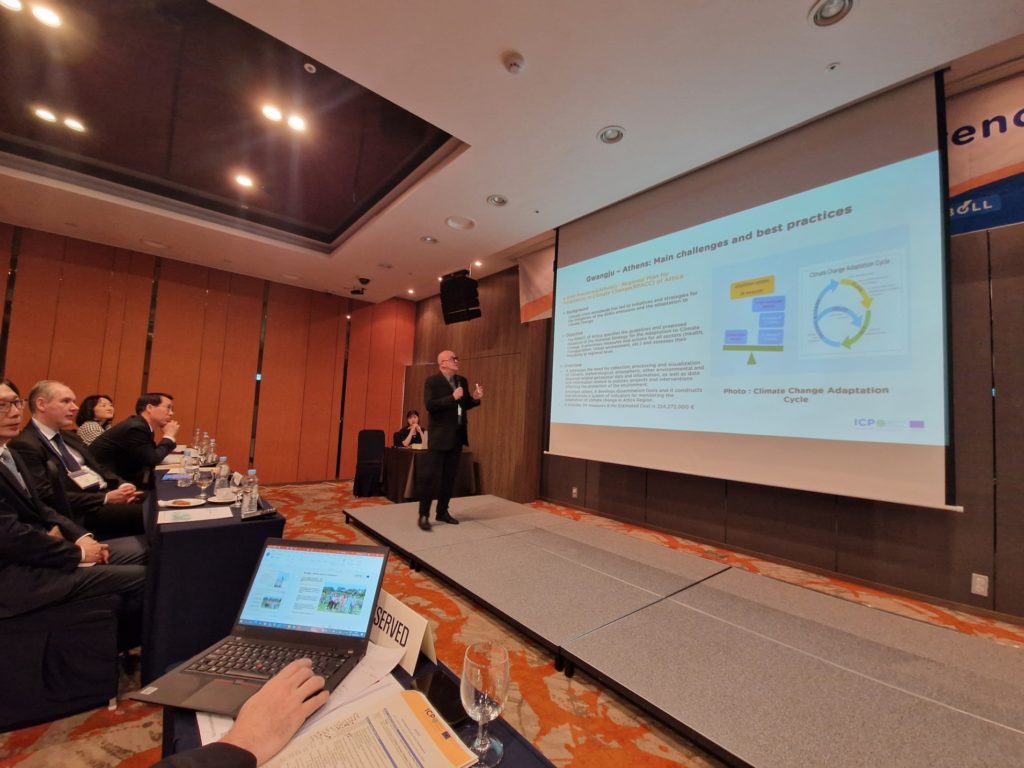
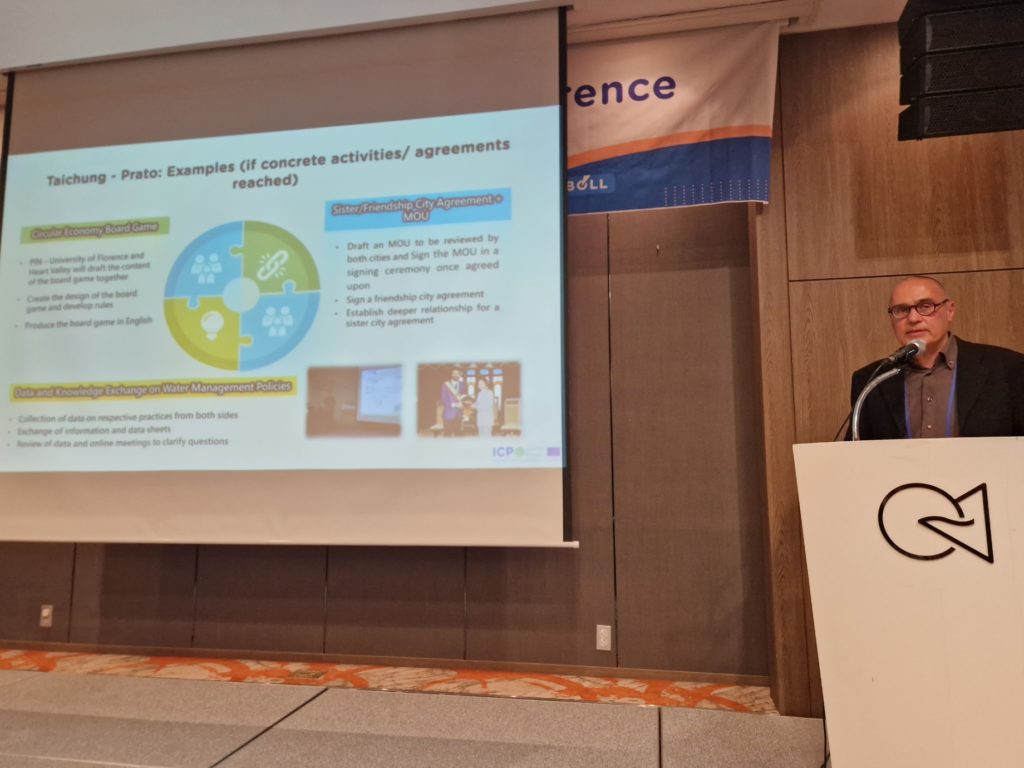
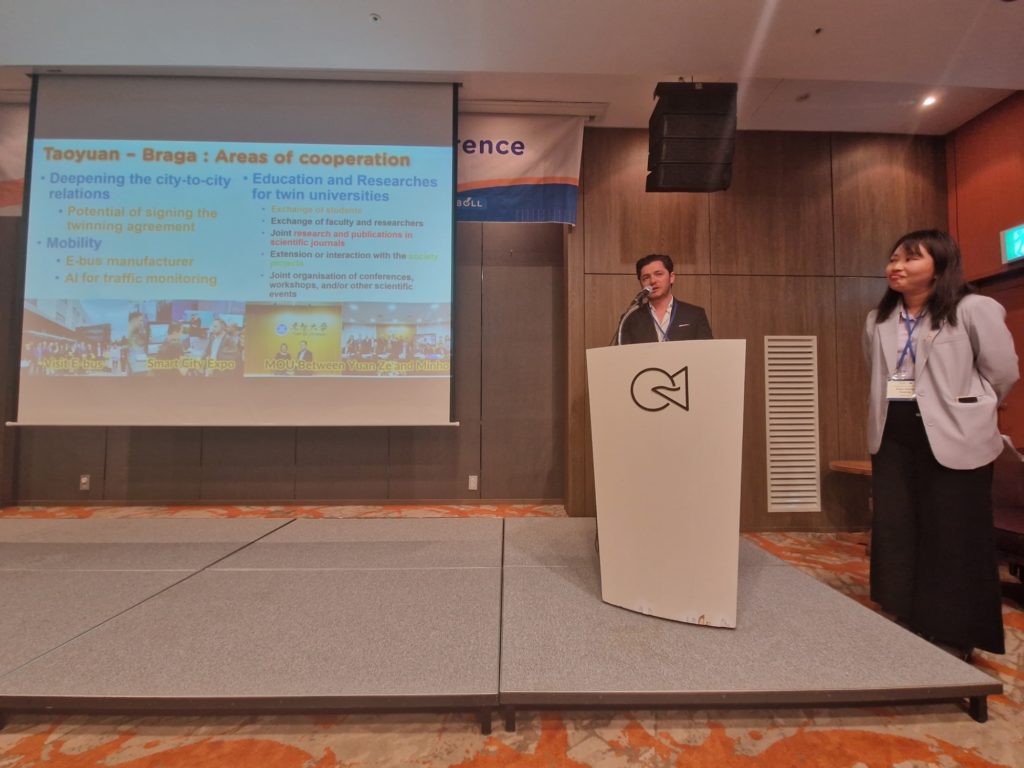
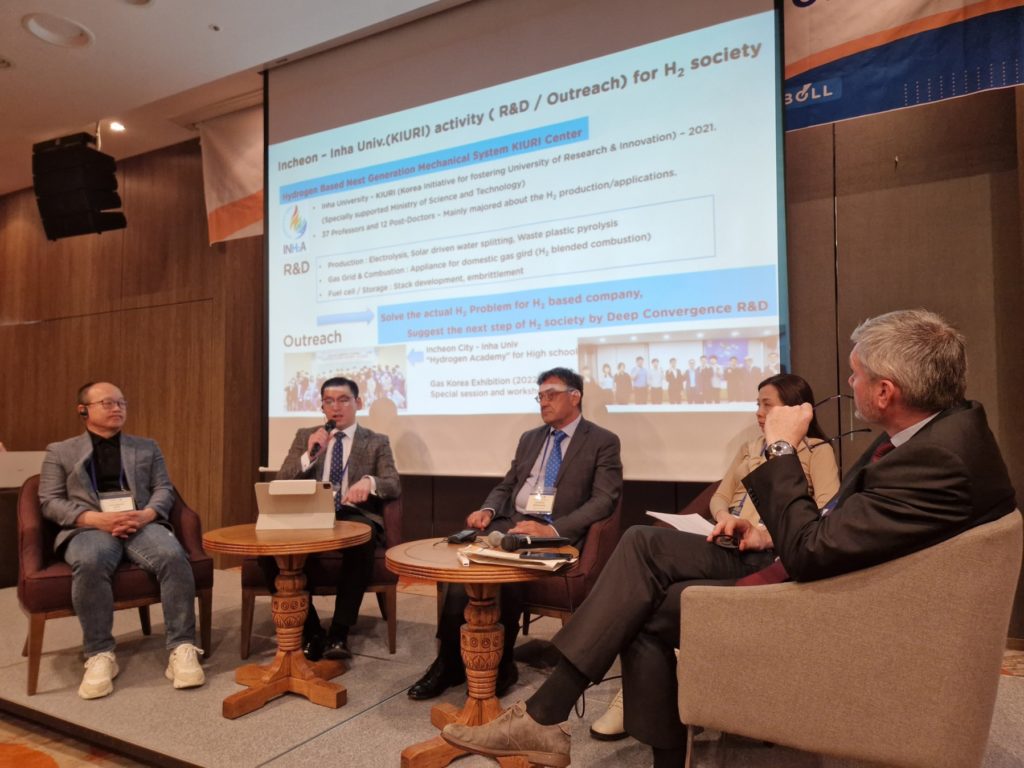
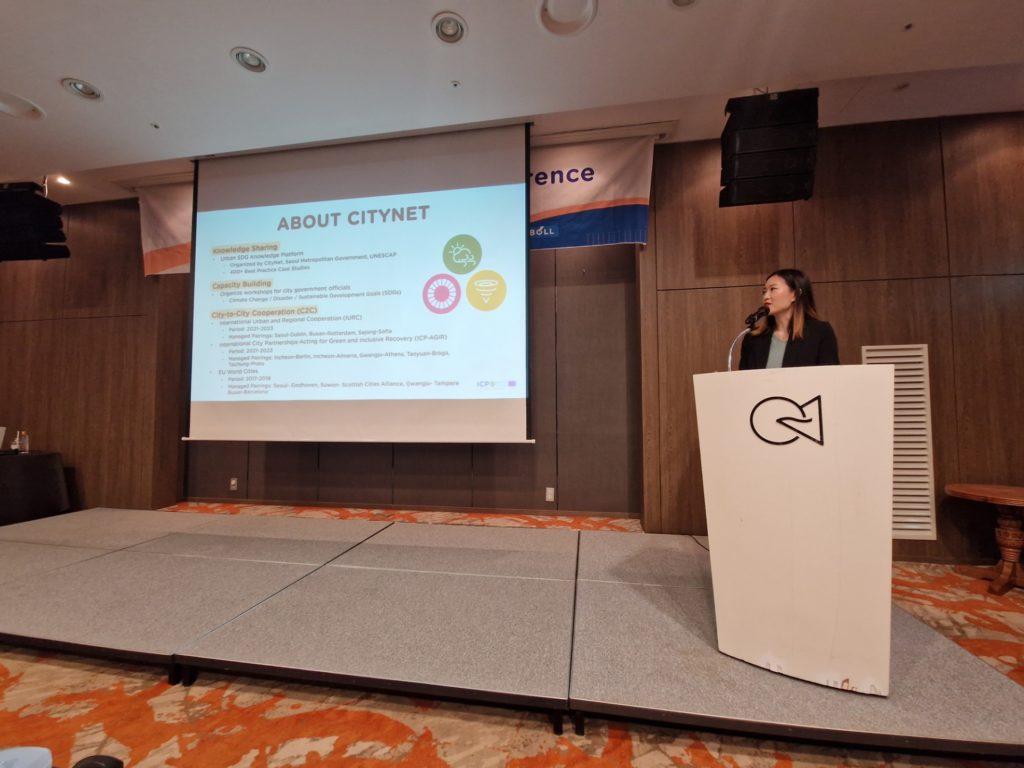
Results from the ICP pairings will be mainstreamed into the IURC project for further implementation and dissemination.
